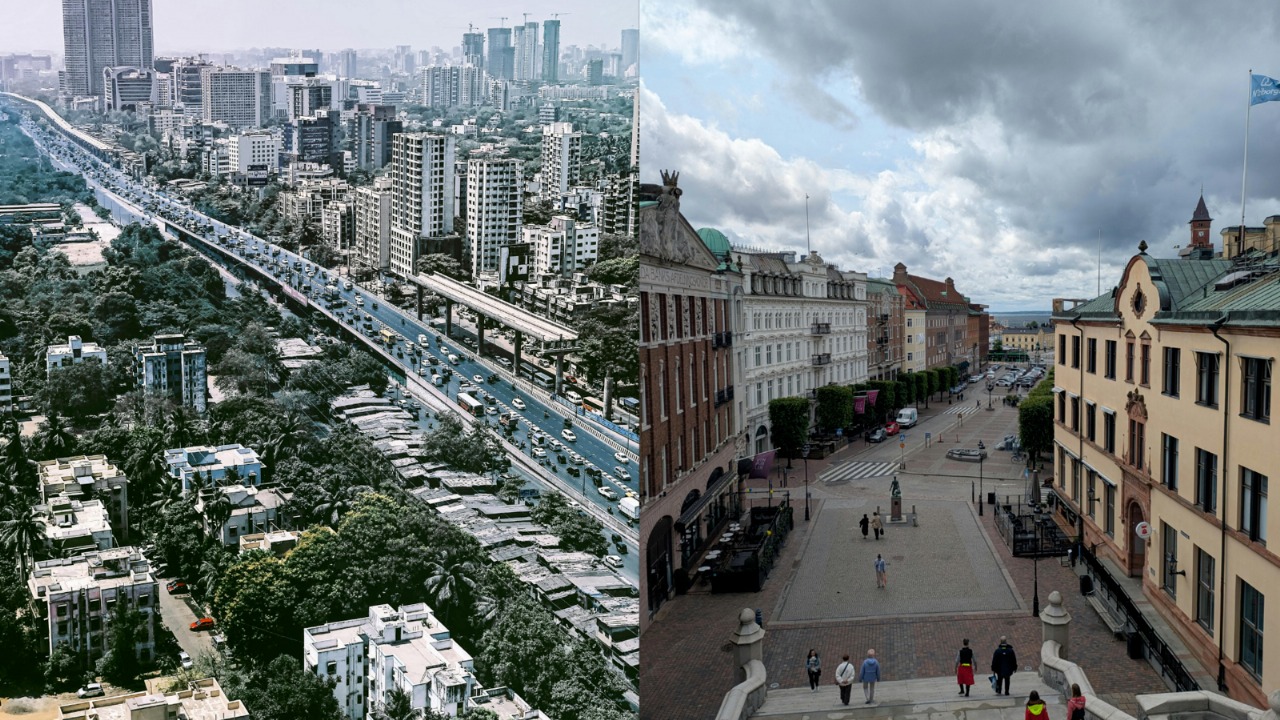A software developer from India, now working in Sweden, has highlighted stark differences between corporate culture in Europe and India. In a widely shared Instagram video, Ashutosh Samal described how work-life balance is a reality in Sweden, contrasting it with the demanding work environment in India. His insights have resonated with millions, reigniting discussions on workplace expectations and employee well-being.
Key Observations
- Samal, who has worked in Sweden for six years after spending four-and-a-half years in India, noted that Swedish workplaces prioritize flexibility and equality.
- Employees in Sweden typically start work at 8 am, with some offices offering free breakfast as a corporate perk.
- Unlike India, Swedish workplaces have no fixed seating arrangements or hierarchical structures, allowing employees to work alongside senior executives, including the CEO.
- Office hours in Sweden are sometimes reduced from eight to seven hours during summer, and employees are encouraged to take breaks for games or coffee.
- Most employees leave work by 4 or 4:30 pm, ensuring ample time for family and personal activities.
Cultural Differences in Workplace Dynamics
- In India, long working hours are often normalized, with employees expected to stay late to meet deadlines.
- The hierarchical structure in Indian offices creates a clear distinction between senior and junior employees, influencing workplace interactions.
- Swedish workplaces emphasize collaboration and informal communication, fostering a more relaxed and inclusive environment.
- Work relationships in India often extend beyond the office, with a strong emphasis on personal bonds and loyalty.
Industry Perspective
Samal’s observations have sparked mixed reactions online. While many praised Sweden’s approach to work-life balance, others pointed out that India’s competitive job market drives high productivity levels. Some professionals working in Luxembourg and Helsinki echoed Samal’s sentiments, stating that European work culture has transformed their perspective on professional life.
With workplace expectations evolving globally, discussions on work-life balance continue to shape corporate policies and employee well-being strategies.
Sources: Hindustan Times, India Today, Moneycontrol, MSN.
